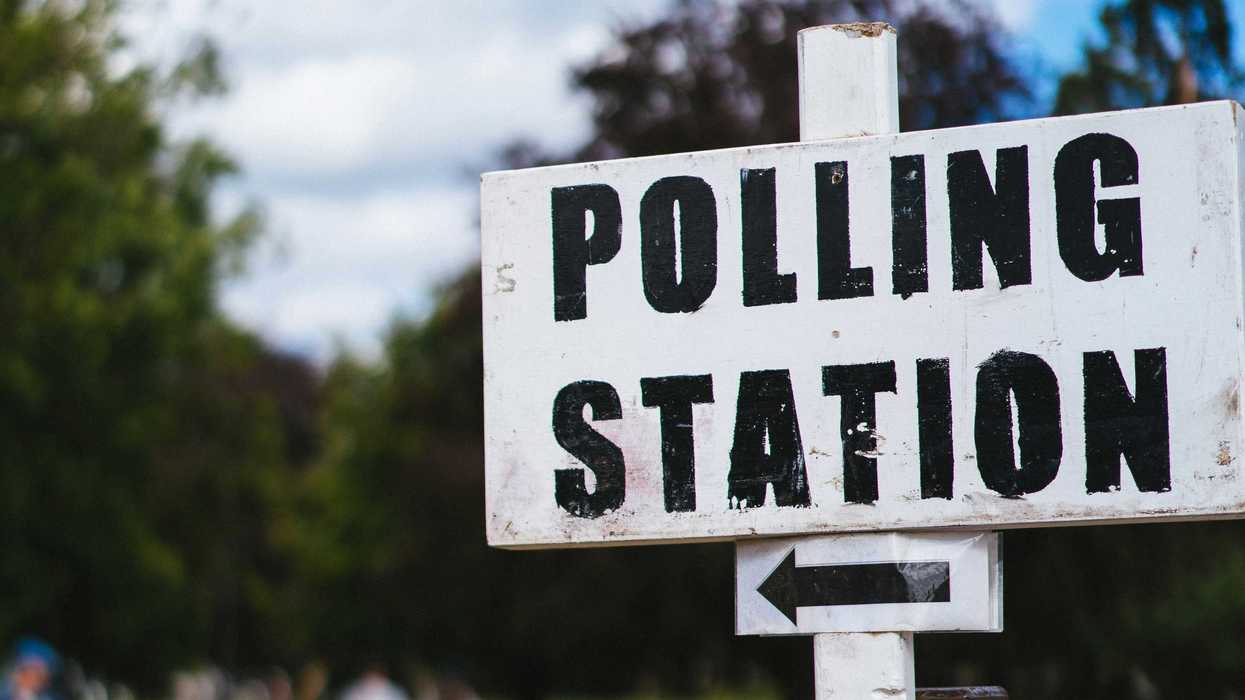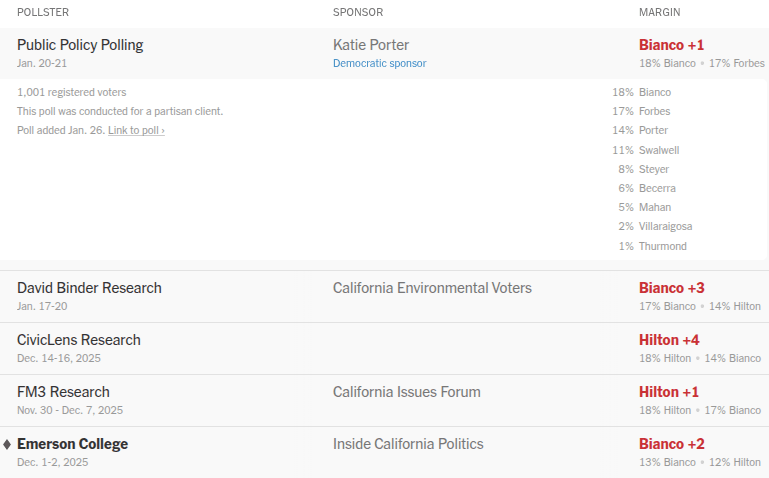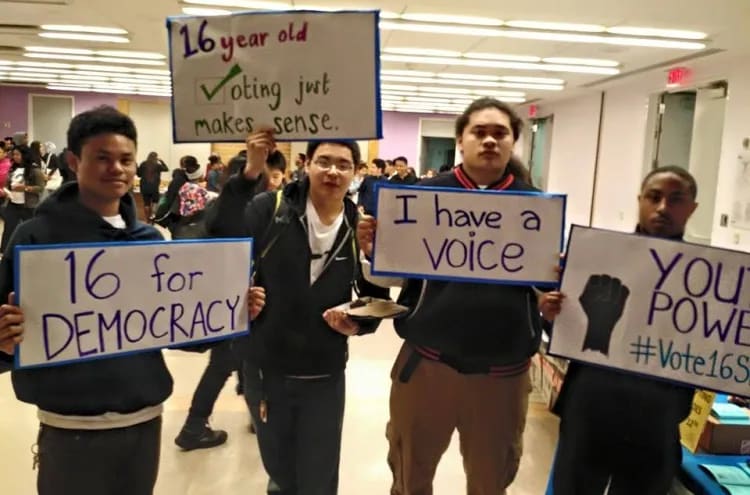American business can be a force for finding common ground, but large corporations must now answer to a growing array of stakeholders, who often have opposing views on hot-button issues.
In recent years, social media has also forced companies to respond immediately to a variety of conflicting demands. This episode of “Let’s Find Common Ground” features Davia Temin, a highly respected marketing and reputation strategist, crisis manager and communications coach.
Another topic of discussion is the ways that business can help contribute to improving public discourse at a time of polarization and political conflict. "I think the landscape is almost unrecognizable for businesses these days, versus ten years ago," Davia explains.
This episode also includes talk about the daily hazards and opportunities for corporate leaders, and getting practical lessons on how they can respond to today's changing political, cultural and social landscape.






















